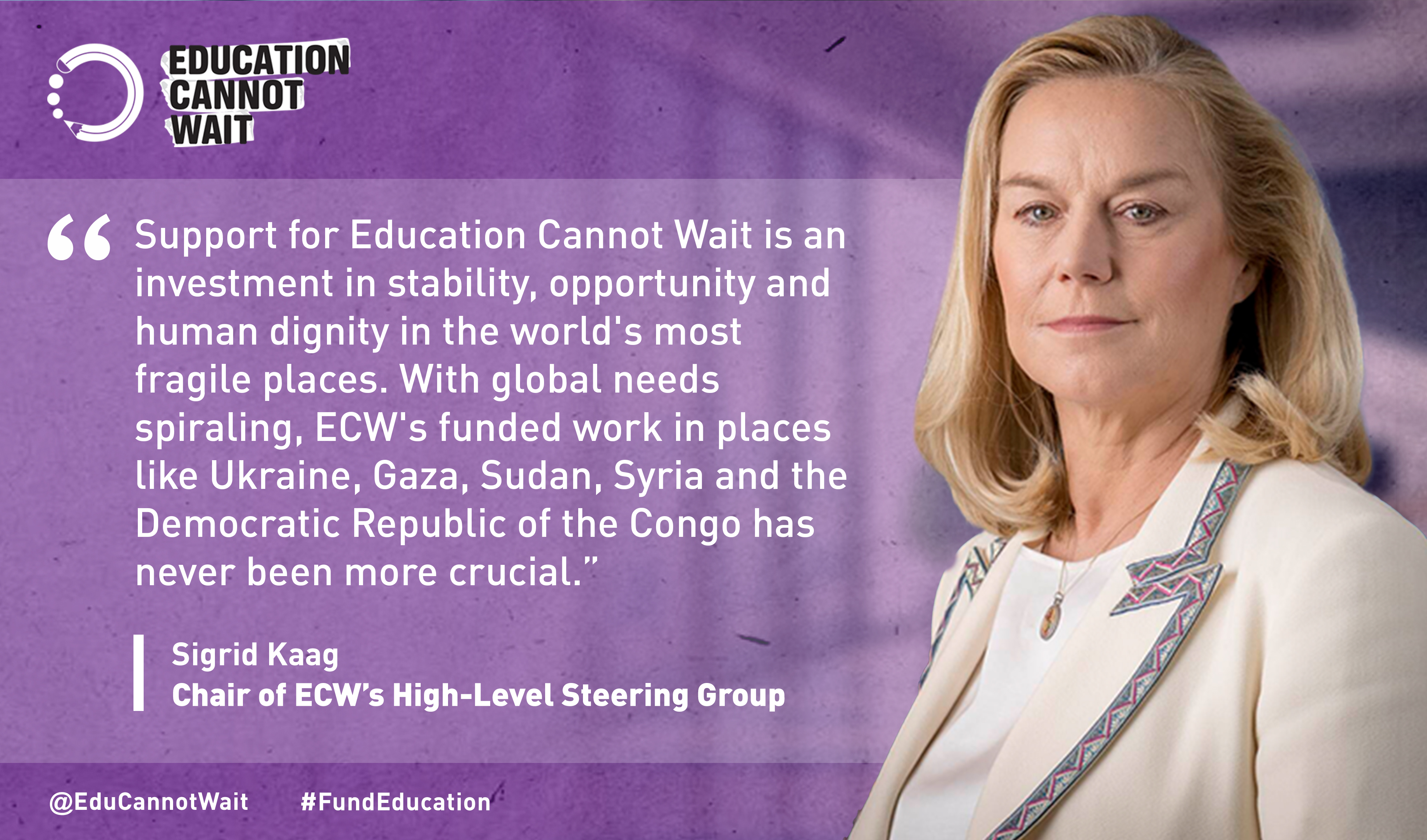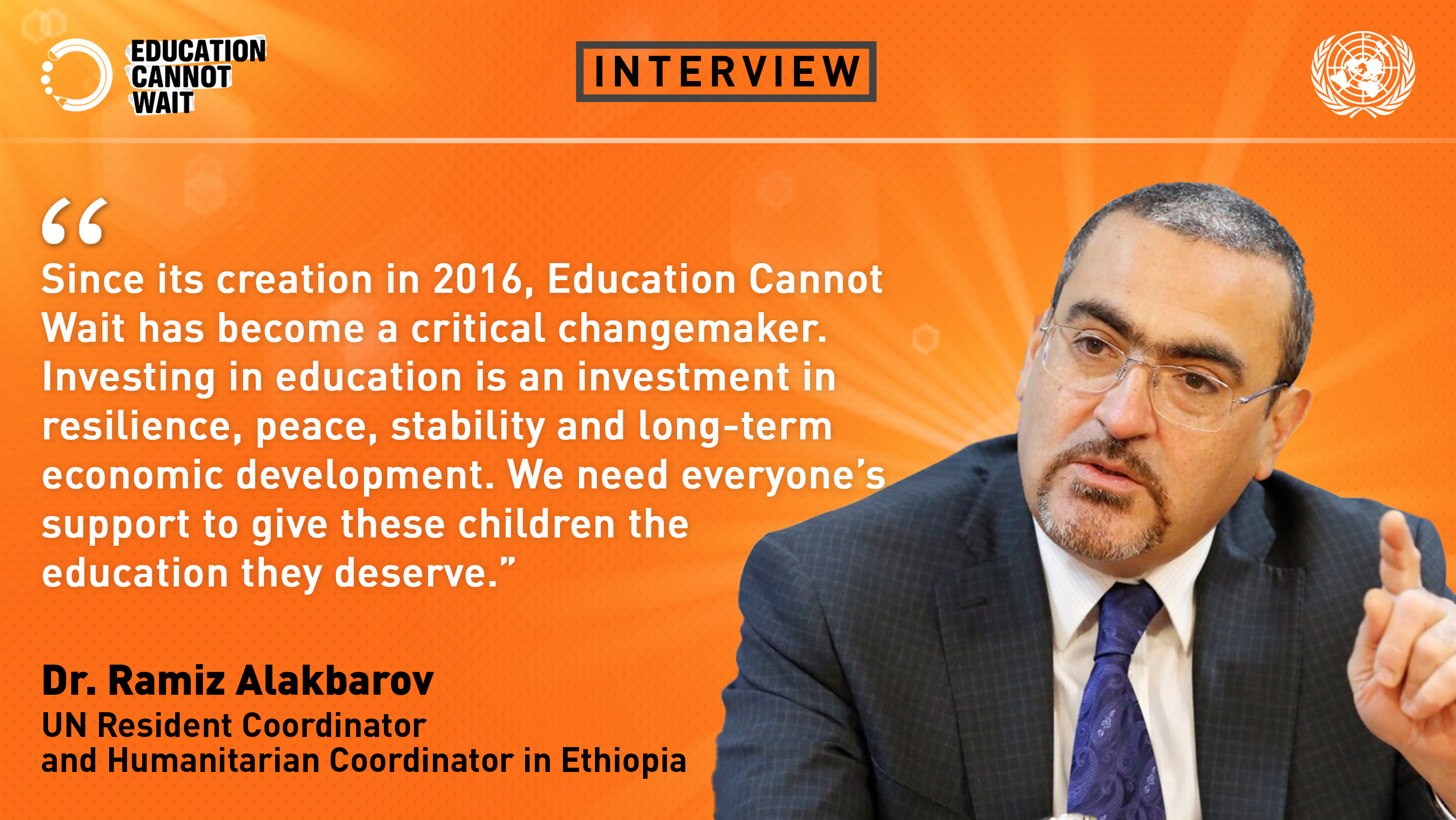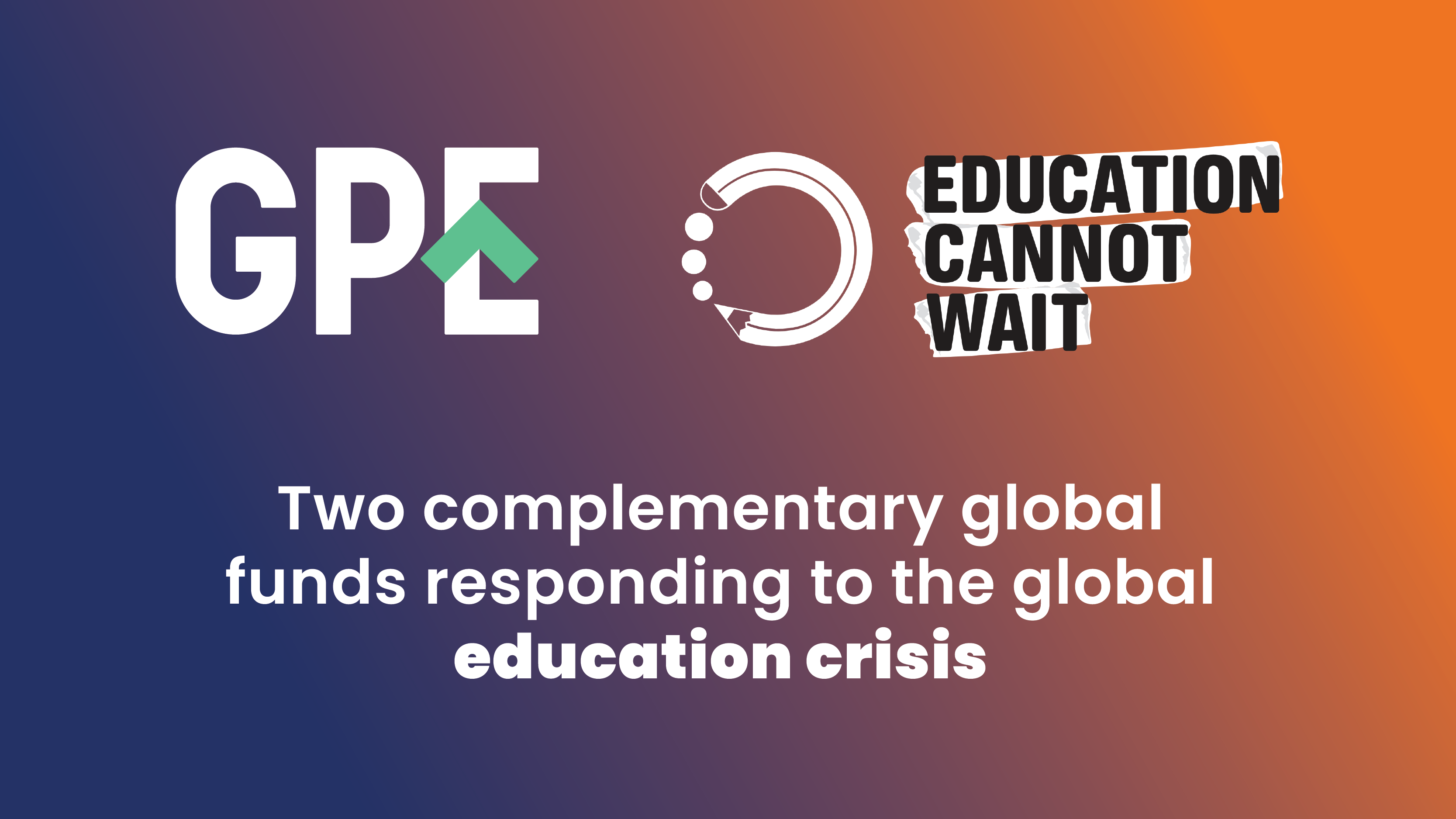Introducing #IMAGINEASCHOOL
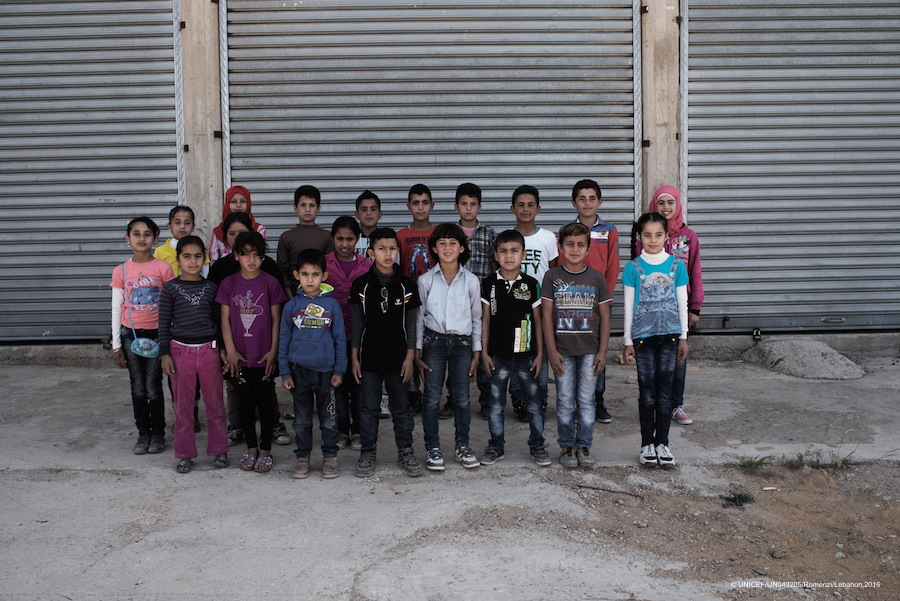
“In Syria, I only saw numbers in my mathematics book. Now, my tent is number 19, my camp is number 007 and my UN card has a number. I hate numbers. I am just a number. I don’t feel human anymore.” These are the words of a Syrian refugee child in Lebanon.
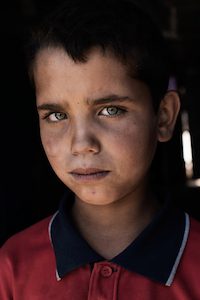
Mohamad is another one. His hands, blistered and dry from cement dust tell his story. Mohamad fears he will never go to school again: “You’re supposed to start school when you’re six years old, not 15,” he says.
Waiting and uncertainty are eating up the lives of Syria‘s children. When asked about the point of attending school, one 4-year-old explained that he would need to be able to read signs if he ever got kidnapped, to be able to find his way home.
These words represent hundreds of thousands of voices – voices of Syrian refugee children now living in Lebanon. They live in an informal settlement, one of thousands in Lebanon, the country hosting the highest number of refugee children per capita in the world.
Playing in the mud is their way of killing time. They have no schools, no pencils and no books. One day just drags into another. This is not a life for these children, for any child. Yet, it is the sad reality for close to 200,000 school-aged Syrian children in the country.
Last summer, UNICEF filmed and produced an interactive documentary, #ImagineASchool, on a generation of children denied their basic right to education. Launched online today, it gives a rare insight into the lives of children shaped by the absence of schooling. Featuring 19 interviews of children and an extraordinary collection of class photos – the documentary is shot not in schools, but in the drab surroundings of an informal refugee settlement.
A child’s place is in a classroom. Schools give purpose, structure and routine, a feeling of safety and normalcy. In the long run, only education can end inter-generational cycles of poverty and discrimination, prevent extremism and despair. Never is education more crucial than in times of conflict. For a child whose short life has been marked by violence, loss, fear and displacement, education represents the last resort of a life worth living.
Children’s voices featured in the documentary are a reminder of what has been lost. It is heartbreaking to see children that have stopped speaking, their development set back because of trauma and shock. Others speak of their hopes and aspirations. We can help put these children back on track. When asked what they want to be when they grow up, many say they want to be teachers – a reminder of the powerful impact of educators as role models.
There has been progress.
Countless children are now receiving an education. With the help of the Government of Lebanon, the United Nations, donors and NGOs, the Lebanese public school system has shown remarkable hospitality and strength. It has been an impressive achievement to lift school fees for all children in Lebanon. But we can do better. Every Syrian child in the country should be attending school.
If there is a common theme to these children’s accounts, it is a combination of loss, determination and hope.
That you have been able to read this far is because you were fortunate enough to go to school. For many Syrian children today, the basic right to education has become a luxury. The stories of Mohamad, Sidra, Assia and all the other children in the UNICEF documentary www.imagineaschool.com, are stories of children imagining an alternative future, a future that is still within reach if we give these children the chance of claiming the simple right you and I enjoyed. If we listen carefully to their testimonies, there are glimpses of an amazing potential and alternative futures – if we choose to listen….
Their plight, and their courage, is a call for action and a stark warning. Should we fail the children that tell us that they envy birds for their wings and that their homes feel like prison- neither history nor the children, will judge us kindly – nor should they. Their voices are a reminder of what we stand to gain – or to lose. Time is not on our side. Let’s listen to these children and act now, to reach every child with education wherever they are.
23 January 2017 – An op-ed by Tanya Chapuisat, UNICEF Lebanon Representative.

